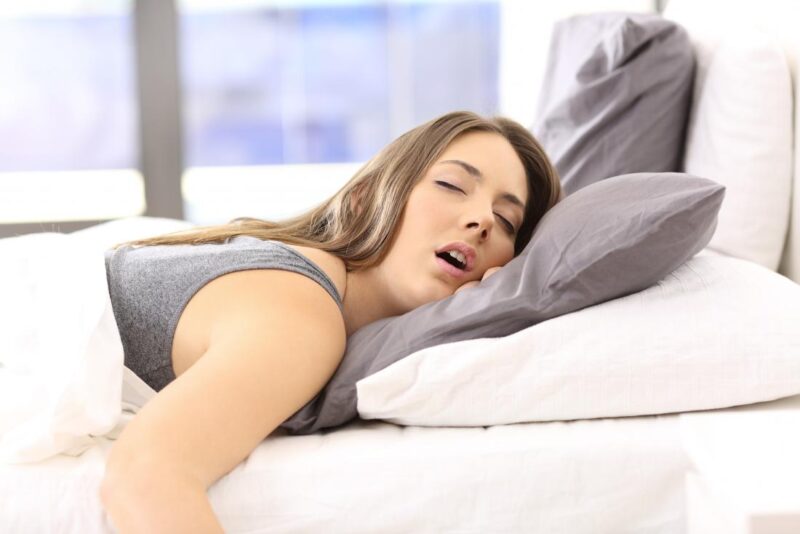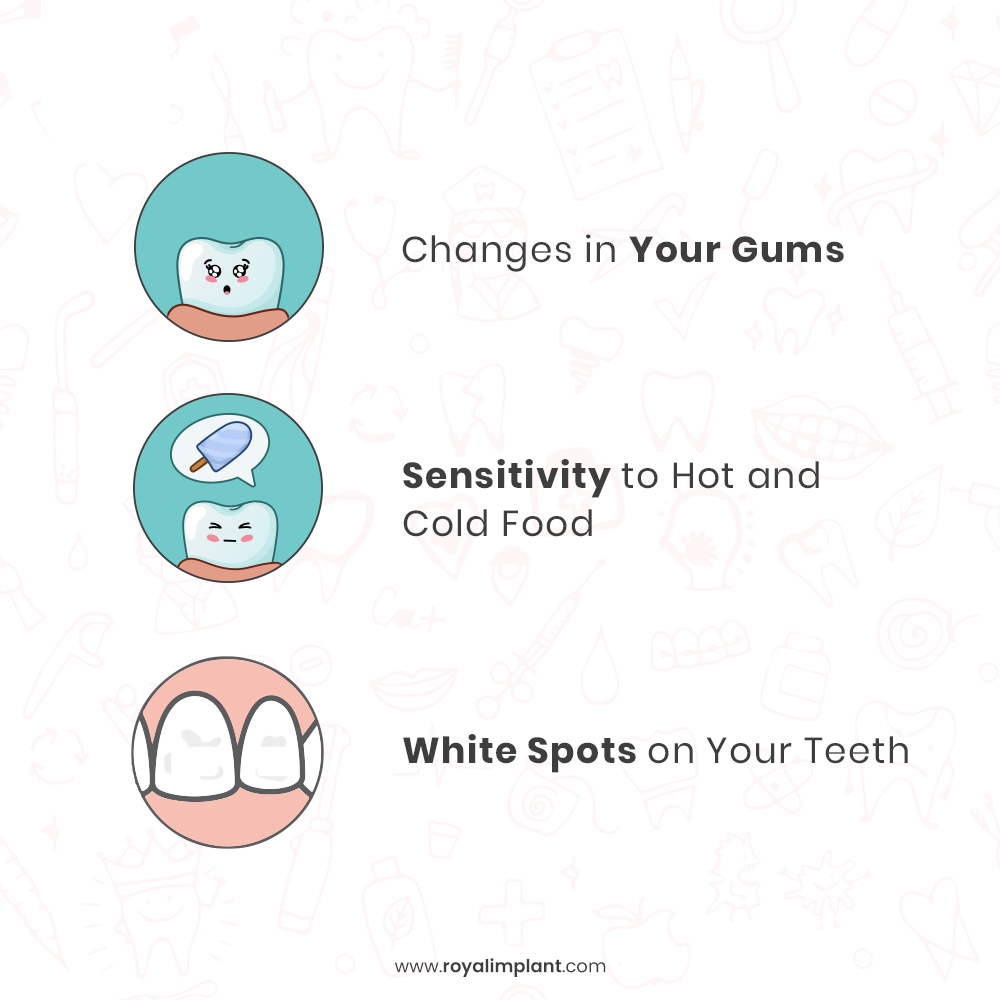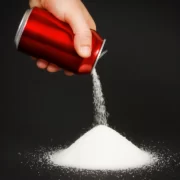You probably don’t think much about how you sleep until you start doing it wrong. One of the most common sleeping missteps is drooling while sleeping. Even if it sounds funny, this is a very unpleasant experience that can make you feel insecure and embarrassed. There are different potential causes of drooling while sleeping and different measures that can help you stop doing it. Moreover, because some conditions may be linked to this habit, we conclude this article with some helpful tips for identifying the source of your problem and what to do about it.
What is drooling while sleeping?
Most people drool when they are sleeping, especially when they are very young. This is a normal, involuntary response that is rarely something to worry about. However, if the drooling is excessive, then it may be a sign of a medical condition. As people age, some may experience changes to the structure of their mouths, such as a reduction in the number of teeth that can cause excess drool.
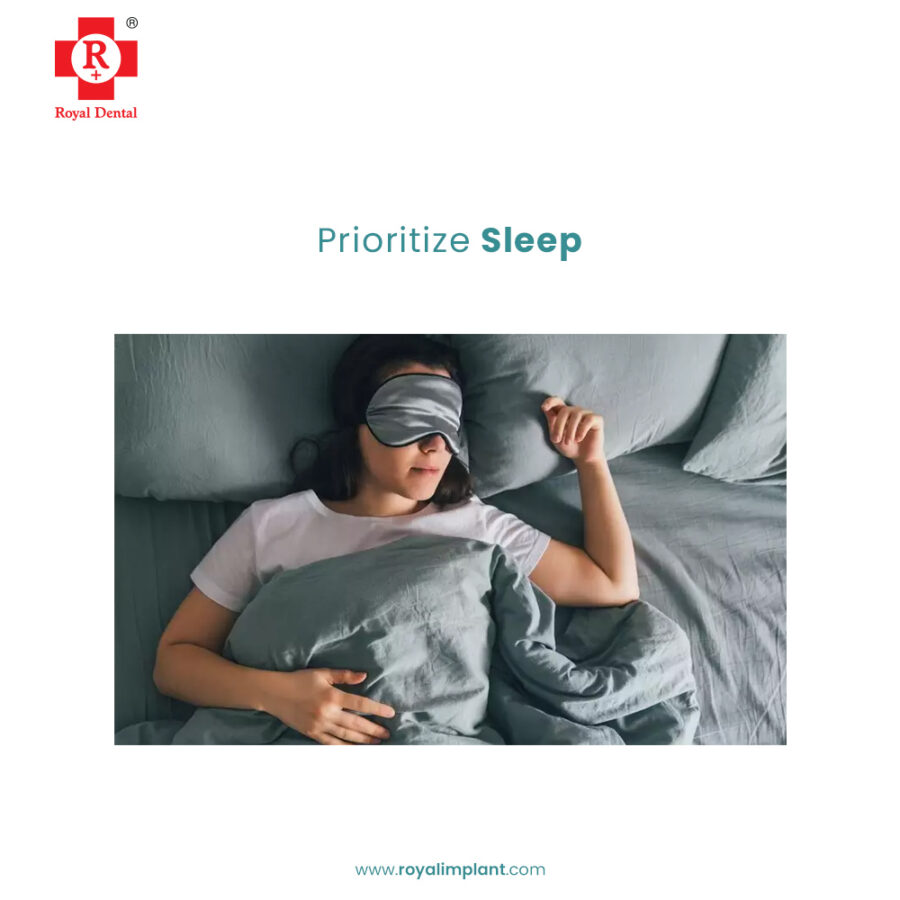
Other conditions such as stroke that affect the nervous system can also lead to drooling. Some medications, including antidepressants, anti-epileptics, antihistamines, anti-Parkinson’s drugs, and antihypertensive, can also cause drooling as a side effect. This can happen to people of any age, but it is most likely in people aged over 65.
Causes of drooling while sleeping
Medications: Certain medications may cause drooling. If you are taking a new prescription, be sure to discuss the possibility of this side effect with your doctor. You may be able to switch to a different medication that is less likely to cause this problem. If you are already taking medication and notice an increase in drooling, you can ask your doctor about adjusting the dosage.
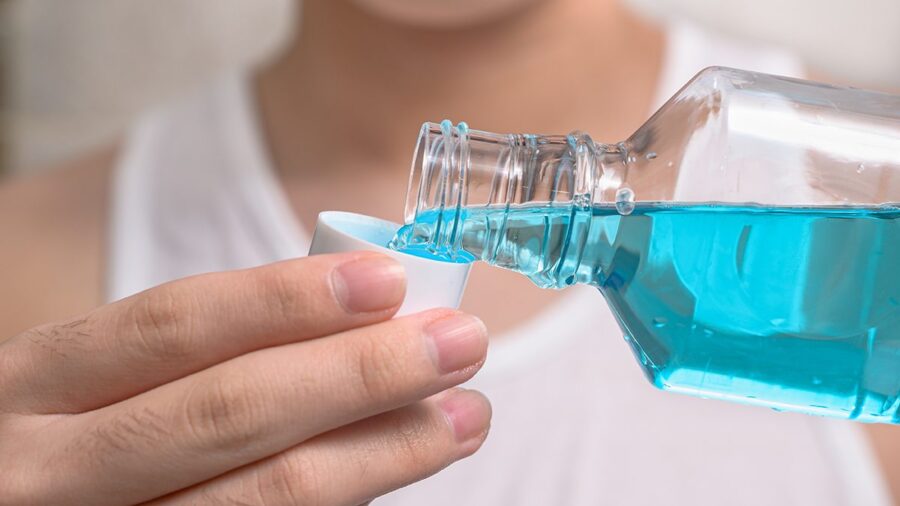
An antibiotic mouthwash several times a day may help reduce drooling. If you have an infection or gum disease that leads to swelling, the excess saliva can drip out of your mouth and onto the pillow. This can cause stains on the pillow and lead to an unpleasant aroma in the room.
Eating too close to bedtime: If you eat a heavy or spicy meal before going to bed, it can irritate your oesophagus and cause excess drool. Try eating earlier in the evening and drinking plenty of water before going to bed.
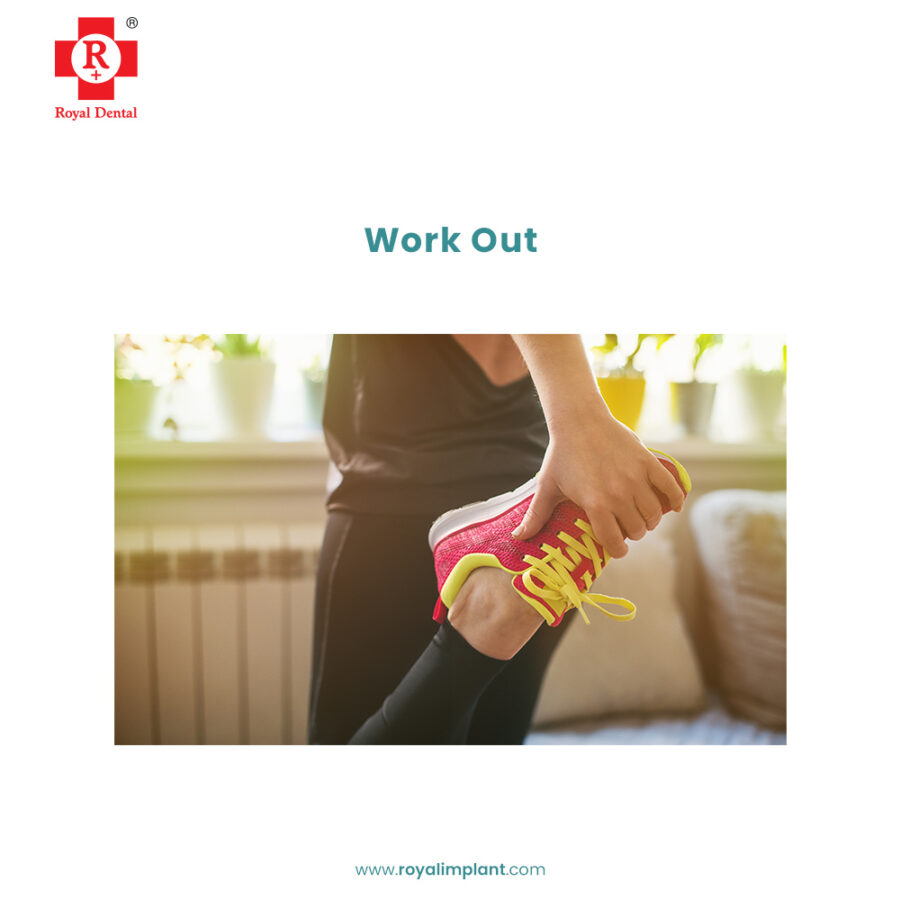
If you have recently taken time off from work, started a new job, or have a different sleep schedule due to travelling, this can disrupt your sleep patterns. This can make you drool more because you are not getting enough REM sleep.
Home remedies for drooling while sleeping
- Peppermint: Peppermint is a natural anti-inflammatory that can help relieve your mouth and stop drooling. You can also make a mouthwash out of peppermint and water, but don’t use this as a replacement for brushing your teeth.
- Apple cider vinegar: Apple cider vinegar has natural anti-inflammatory properties that can help reduce your mouth pain. You can add it to your water or mouthwash to help reduce drooling.
- Saltwater: Mixing water and a little bit of salt will also reduce the swelling of your gums. – Chamomile tea: Chamomile tea is a natural anti-inflammatory that can help reduce the pain in your mouth and stop drooling. You can add the tea to water or you can also make a mouthwash out of it.
- Honey and cinnamon: Honey has antibacterial properties and cinnamon has anti-inflammatory properties. Mixing them makes a great mouthwash that can help reduce the inflammation of your gums.
When to see doctor about drooling while sleeping?
If you notice an increase in your drooling, especially in combination with other symptoms, such as a sore throat or unexplained weight loss, you should visit a doctor. Be sure to tell your doctor if you have been taking new medications or if you have any allergies. Other conditions that may be linked to excessive drooling while sleeping includes sleep apnea, stroke, or restless leg syndrome.
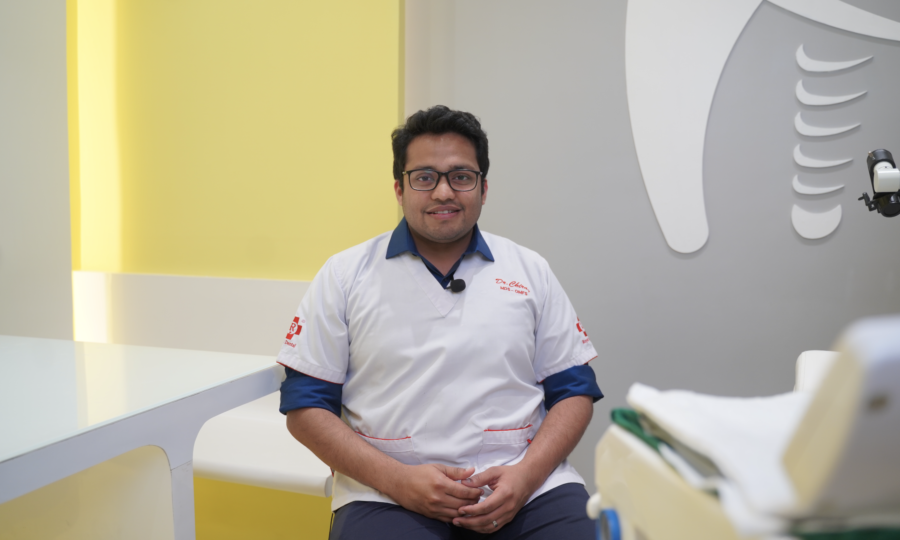
If you have a serious medical condition, such as diabetes or high blood pressure, this can also cause drooling. If you are not sure what is causing the drooling, you should see your doctor.
Tips for identifying the source of the problem
If you have tried these methods and you are still experiencing excessive drooling while sleeping, you may want to take a look at your sleep hygiene and see if there are any issues there. If your sleep hygiene is fine, then you may want to try to identify what is causing this problem. Go through your daily routine and try to figure out what has changed recently.
If you are taking a new medication, have a different sleep schedule, have recently eaten a certain meal, or have a dental infection, these could be the cause of your problem. After you have identified what may be the cause of your drooling, you can try to eliminate it from your routine. If you have a dental problem, you can visit the dentist for treatment. If you have recently changed your daily routine, try to go back to your old habits.
Conclusion
Drooling while sleeping could be a sign of a dental infection or diabetes. If you are drooling while sleeping, it is best to visit the dentist as soon as possible to rule out any dental problems. Most of the time, drooling while sleeping is a normal behaviour, but it can become a problem if it is excessive or if it is accompanied by other symptoms. Understanding what causes drooling while sleeping and how to stop it can help you reduce the discomfort of waking up with a wet pillow and solve this problem for good.

